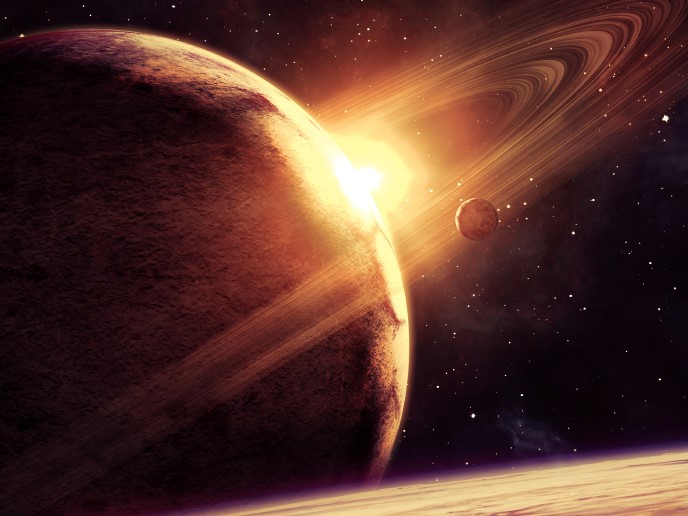Vast, complicated, (dis)orderly? Unlocking the secrets of the cosmos
The inexhaustible quest: astrophysics and the mysteries of the cosmos
The cosmos is so immense that it’d be easy to think it is way beyond our comprehension. Look through a telescope and even the simplest question becomes an impassable wall: Is the Universe finite or infinite? What was the pre-Big Bang era like? What’s the fate of the Universe? Luckily enough, the immensity of the Universe combined with the limited – although incredibly fast – speed of light provides us with a time machine of sorts. Take your telescope again, and think of everything you see as a glimpse into the past. Each time a state-of-the-art telescope is inaugurated, we redefine the boundaries of Universe observation. In 2016, the Hubble space telescope spotted a galaxy as it stood 13.4 billion years ago. As we were writing these lines, the same telescope had just identified a black hole that challenges Einstein’s theories of general and special relativity. The pace at which astrophysicists keep making new discoveries never ceases to amaze. Meanwhile, supercomputers have started mapping out the Universe and predicting its evolution. EU researchers actively participate in this continuous quest. In the following pages, you will read about some of the latest EU-funded attempts at doing so. These efforts cover most of the Universe’s story, from the Big Bang’s initial gravity waves (BeyondPlanck) to the creation and characteristics of stars (StarFormMapper), low surface brightness galaxies (DIGESTIVO) and galaxy clusters (ClusterGal). You will also find out how, somewhere in between, RADIOFOREGROUNDS and CosmicDawn have been furthering scientific understanding of cosmic inflation – the phenomenon that has caused the Universe to expand exponentially since its early age. Projects such as GalaxyDance even go as far as questioning the existence of dark energy by confronting general relativity with modified gravity theories. No matter what the future holds for astrophysics, there is one thing we can predict: EU research is and will continue to play an important role in unlocking the secrets of the cosmos. We look forward to receiving your feedback. You can send questions or suggestions to: editorial@cordis.europa.eu



